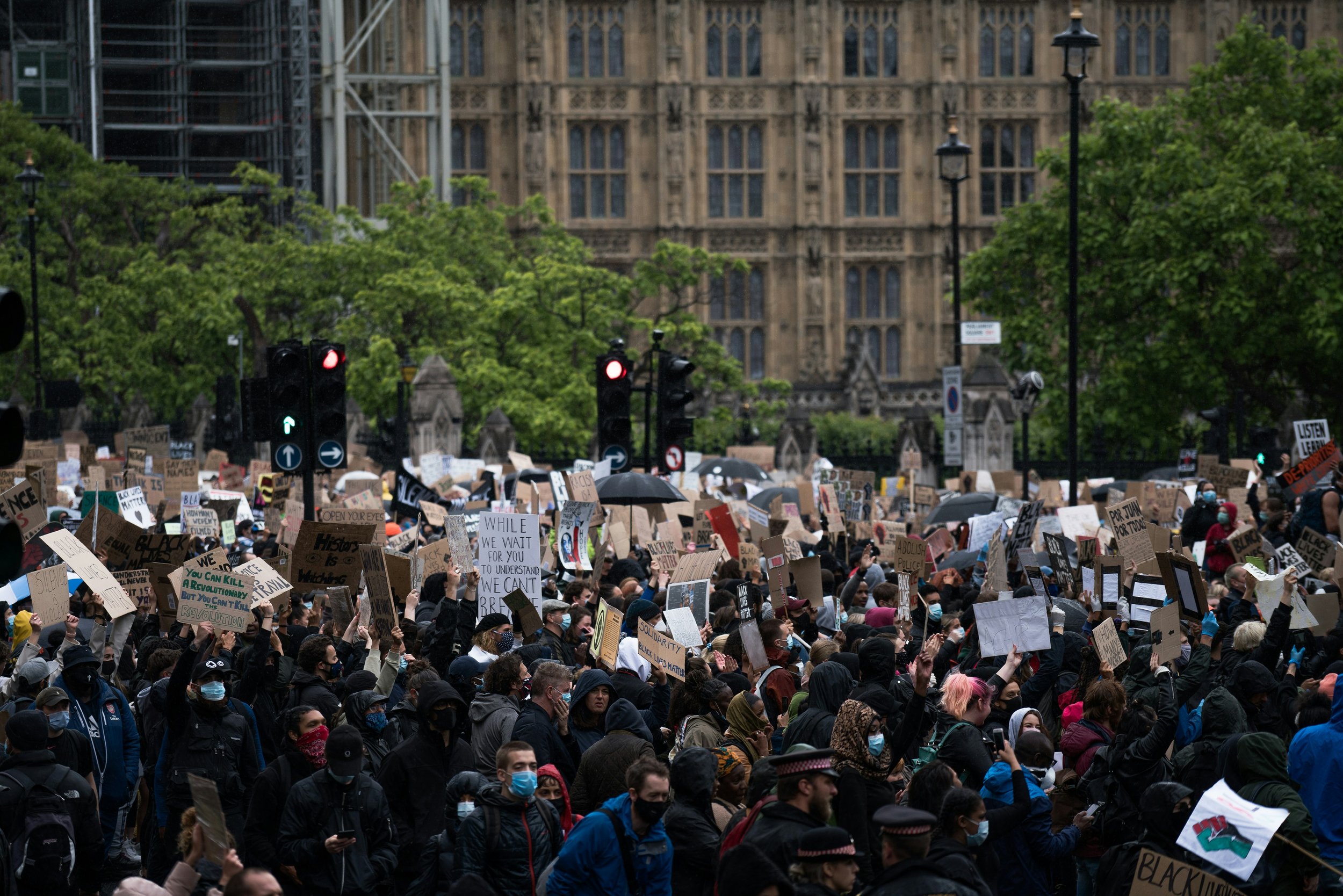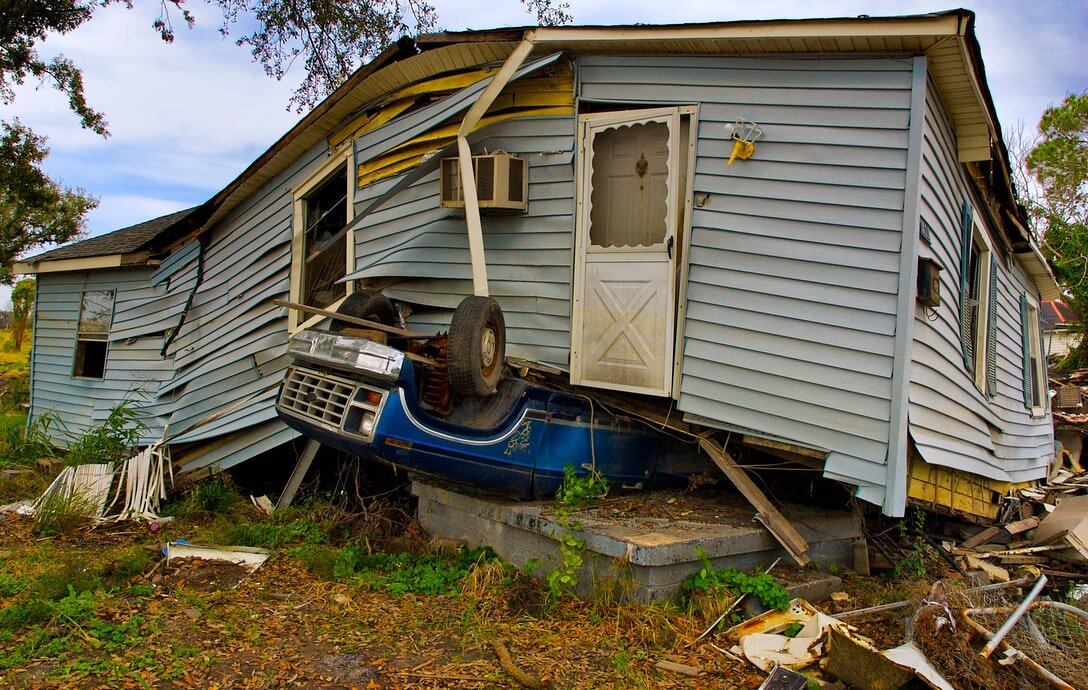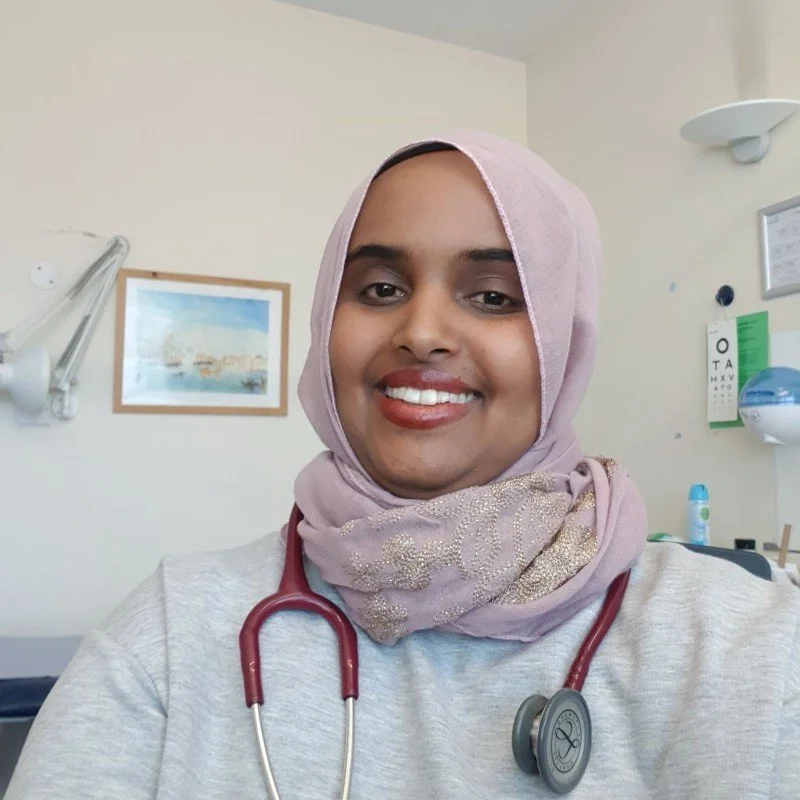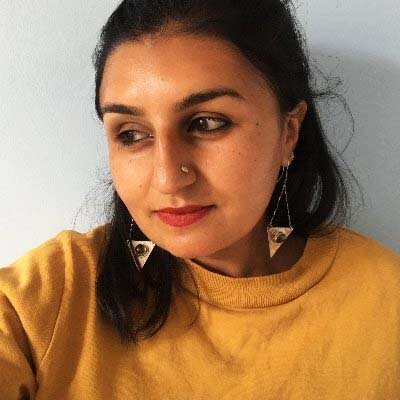
URBAN
HEALTH
COUNCIL
Community-led health justice programmes and living knowledges rooted in science for those living in oppressive urban environments.
Programmes
All our programmes are led in peer-to-peer co-learning formats. We bring scientists, researchrs, policy thinkers, and communities together to identify, research, and produce health justice solutions.
Community Health Impact Assessment
Developing community-led Health Impact Assessments, in order to create autonomy, dignity, and health at a neighbourhood scale.
Health Justice & Healing: Co-learning Programme For Healthcare Workers
Designed to develop health practitioners’ analysis and practice of health justice within the medical industrial complex.
Indigenous Health Justice
Indigenous and Land based cultures are under threat by the lack of systemic action to the dysregulation of our planetary ecosystems and by the continual expansion of capitalism and imperialism. This programme focuses on the various Imaginations and Knowledges Land-Kinned Peoples bring to environmental and health justice.
Trans & Gender Non-Binary Healing Practices
We are creating the time and space for a lived-experience led programme exploring and co-designing what do Trans & Gender Non-Binary communities need from the healthcare system, what would it look like holistically and communally? What would the programme look like and how will it fill knowledge gaps surrounding Trans & GNB identities - both scientifically, and from a lived experience, with a focus on racialised identities?
The Peoples Obesity Health Justice Movement
This work aims to demonstrate the harm of the dominant, individualised, narrative of obesity. We present an alternative understanding that views obesity through a neuro-epidemiological, environmental and sociopolitical lens. This serves as an avenue for people who are experiencing obesity to understand their disease and explore potential methods of self-care, self-advocacy and safeguarding.
The Encyclopedia
On 11th July the cohort behind the co-designed Obesity Justice Pamphlet held an evening event with a select group to share insights, learnings, and aims of the Pamphlet. These are the 3 presentations in audio format that took place.
There is a need for complementary healing practices that are culturally literate and led directly by the people. Micro healing grants are small, unrestricted stipends that provide the recipient an opportunity to have space to think about their healing and enquire about healing strategies that are currently not available to them
From our Migrant Trans POC Justice programme we bring forward this piece of working on providing micro-grants designed to give autonomy and dignity to individuals and communities.
During the summer of 2024, psychologists, doctors, medical students, and other healthcare professionals from racialised experiences gathered to co-create methods for weaving justice into their practices. This is their Declaration and proposition for a world that rooted in healing rather than harm.
Exploring the Potential of Micro-Grants as a Pathway to Healing and Health Justice for People Living with Obesity
The government published a consultation on proposed changes to the National Planning Policy Framework on 30 July 2024. It included questions and proposed changes on a number of topics, which have implications for people’s health and wellbeing. This paper sets out Centric Lab’s responses to questions and policy changes and how they influence health.
In current conversations about air pollution, we have grown accustomed to perceiving Air as simply the absence of pollutants. However, Air is vastly more than this. We asked Dr Jake Robinson, who is a microbial ecologist to provide an understanding of Air that is more robust, spiritual, and scientific.
From our Trans and Gender Non-Binary Health Justice Programme, we bring forward the work of Nina Rivera, who is an organiser, healer, and advocate of Trans Women's Migrant Rights. She is the recipient of our first Healing grant, where she brought together Trans Migrant Women into a space of Kinship and healing.
A report on the role nature plays in cities and the varying pathways to health and healing. It centres non-western epistemologies as guiding tools for a better, more symbiotic living with Nature.
Given how important the environmental microbiome is both to human health and planetary regulation, it is important that we begin to include it in the context of cities and urbanisation.
This working board is for people who are not “professionals” within the legal, policy, or advocacy space (NGOs) but for community-led organisers looking to develop action plans and theory of change models. The MIRO board has a series of instructions after an introduction section that you can refer to at different times.
The purpose of the Environmental Data for Health Justice board is to build confidence in how those seeking structural health justice outcomes through research, campaigns, and other forms of advocacy use data as a language to directly address health injustices and develop strategies for health justice.
Languages can be a powerful tool to relate to and interconnect with the natural world. Indigenous languages––those developed by First Nations Peoples––embody a deep ecological knowledge that is critical to protecting nature. Biodiversity and Indigenous languages are undeniably intertwined.
As a first step towards obesity health justice, we have created The People’s Obesity Pamphlet, a resource for the people, by the people. This is a tool for harm reduction and the promotion of autonomy for people who are experiencing obesity.
Here we provide a brief overview of the creation of “The People’s Obesity Justice Pamphlet”.
This work aims to demonstrate the harm of the dominant, individualised, narrative of obesity. We present an alternative understanding that views obesity through a neuro-epidemiological, environmental and sociopolitical lens. This serves as an avenue for people who are experiencing obesity to understand their disease and explore potential methods of self-care, self-advocacy and safeguarding.
Endocrine disruptors are chemicals that are ingested from our external environment through our skin, respiratory tracks, and mouth.
This project brought together people with knowledges across a variety of policy, organising in healthcare and the criminal justice system, as well as environmental and climate justice.
On 11th October 2023, 14 people, ranging from the fields of medicine, policy, law, abolition, science, data science, economics, and art gathered to declare our right to access AIR.
A small group of practitioners and parents gathered with members from the Centric Lab team for a roundtable to discuss the definition, identification, and cause of the acute childhood crisis as well as how we respond to the crisis through the informal care of communities and the formal care of healthcare systems.
We are very proud and excited to launch this living wisdoms ecosystem. We are coining this term as Knowledges are alive, they evolve through interaction with culture, events, and time. This term also highlights that Indigenous Knowledges are still relevant and will always keep evolving to support our survival and healing.
These are working principles set forth by a group of Indigenous Peoples and Land-Kinned Peoples (IP & L-KP) who gathered in the UK. We see this both as a starting point and an evolving process. These principles are the first iteration, as they interact with more Peoples they will change and evolve.
While many would argue that there is not one Los Angeles but multiple LAs, what is less known is that there are multiple Indigenous LAs whose histories are layered into the fabric of the city.
There are disproportionately high rates of psychological and psychological distress and health disparities among Indigenous Peoples. That is, regardless of their geographical location or sociopolitical situation, health indicators are always poorer for Indigenous Peoples than for non Indigenous ones.
These two essays reflect on non-western healing epistemologies, both as an opportunity for healing and as a response to the harms of the western medical industrial complex.
Trauma also creates systemic biological and cellular changes. For example, it can change our gut bacteria environment, which has implications for obesity. In cases of acute trauma, some can experience PTSD, which creates neurobiological abnormalities which alters the function of various biological systems, this too has implications for obesity.
Type 2 diabetes is a metabolic disorder, which prevents the body’s ability to regulate glucose, it can turn into a lifelong condition, when it is not caught early or left untreated.
It is crucial that we understand that depression is more than just a mood disorder; it has a complex symptomatology that includes a range of mental and physical symptoms, and every individual experiences a different combination and severity of these symptoms.
“Planetary dysregulation is the impaired ability of planetary systems to maintain the processes required for self-regulation, particularly due to unsustainable exploitation of ecosystems and chronic exposure to industrial contamination”.
Biological inequity, also known as biological inequality, refers to “systematic, unfair, and avoidable stress-related biological differences which increase risk of disease, observed between social groups of a population”.
-
![]()
"I believe the process you have utilised to co-produce and co-design the obesity pamphlet is transformative in your working with doctors and lived experience experts, in this case marginalised racialised women who have experienced barriers to accessing healthcare. Your incorporation of an intersectional, ecological and trauma informed lens is a paradigm shift rooted in equity and a masterclass in how all healthcare literature should be produced."
Dr. Farah Bede
Tower Hamlets GP, Researcher with LSE/British Academy
-
![]()
“The style of research, workshops and reports coming from the Health Council is helping us add new depths and understandings in tackling the systemic challenges we take on at Global Action Plan.”
BEN HUDSON
Head of Impact at Global Action Plan
-
![]()
“Collective strategies towards health justice are only built when we have a space to organise together. The Urban Health Council is that very infrastructure necessary for a critical public health movement to align on its narratives, tactics and learnings.“
GUPPI BOLA,
Health Strategist, Researcher, Trainer and Organiser






































